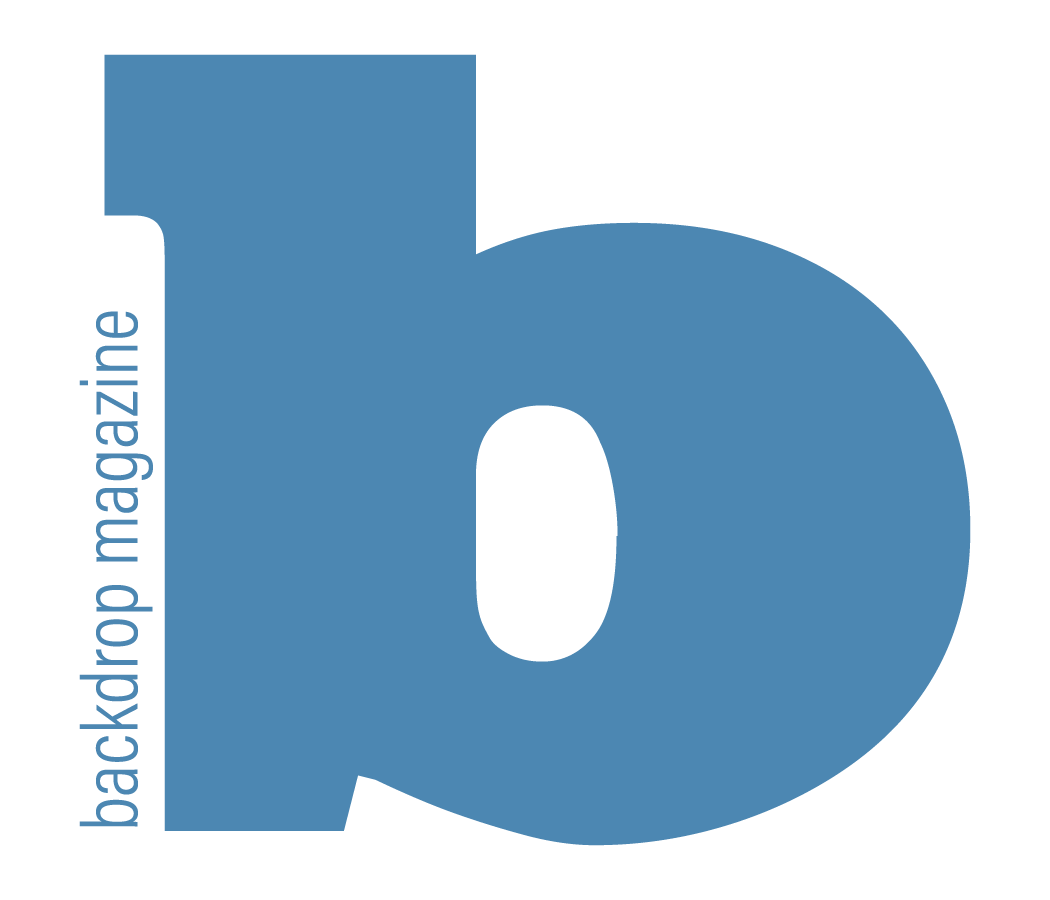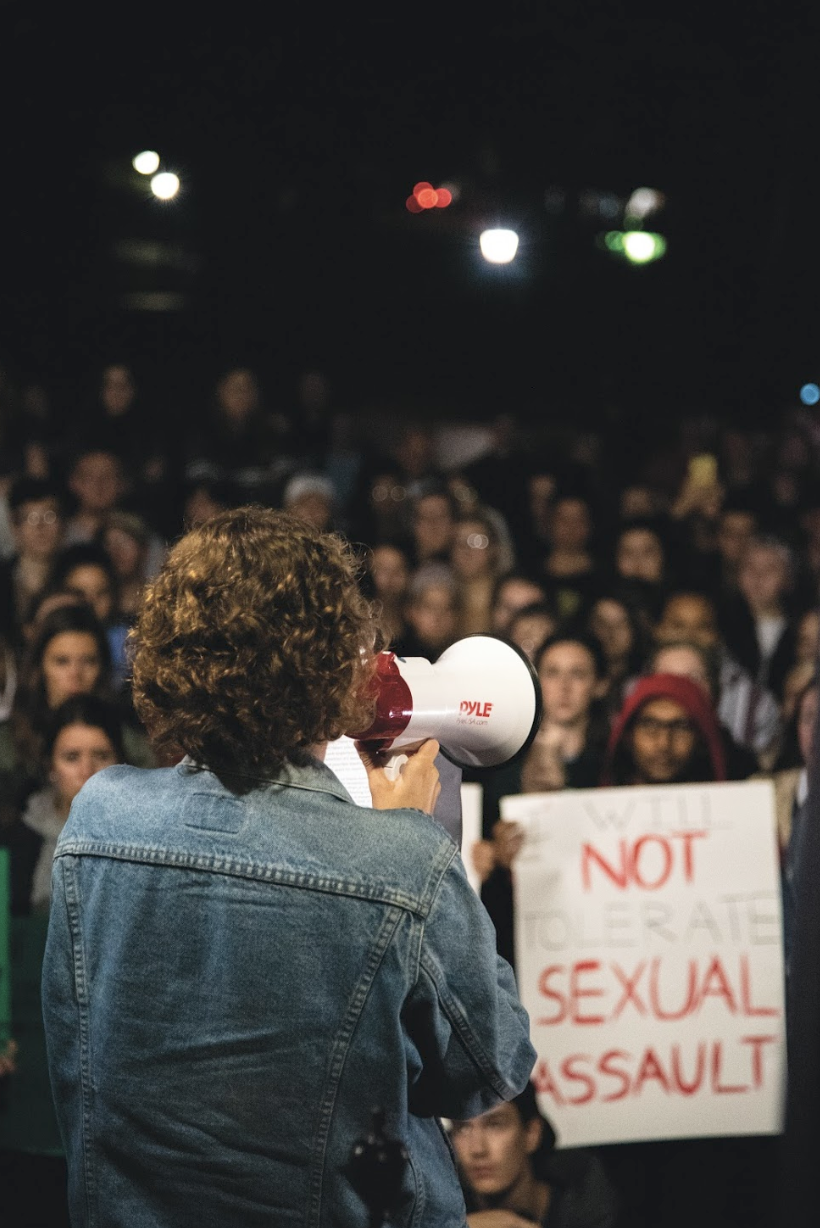She Leads OHIO
Photo by Baxter Turain
Jessica Deyo
Geneva M. Murray, director of the Women’s Center, knew there was a discussion to be had after she caught herself intentionally falling silent at a meeting for fear of invalidity. In collaboration with a colleague, Murray searched for an explanation by observing women in daily life and found that it was very common for women to sell themselves short and apologize for asking questions.
Murray’s findings inspired her to contribute to the creation of She Leads OHIO, a professional leadership development program offered through the Women’s Center. The program offers an array of workshops, recognized both locally and nationally, that advocate for a level playing field in and out of the workplace and gives participants valuable transferable skills. The program is encouraged for women, men and gender nonbinary students alike.
Mallory Golski, a senior studying strategic communications, says she never pictured herself advocating for the end of sexual violence on college campuses. Programs like She Leads OHIO and Women’s, Gender and Sexuality Studies courses inspired Golski to speak out.
“If you had told me my freshman year that I would be standing up on those steps with a megaphone in my hand in front of a crowd of 500 people, I don't know if I would have been shocked, but I certainly was not aware of the prevalence of sexual assault and sexual violence, particularly on a college campus,” she says. “I was so naive to that coming into school, so if you told me I would be standing up there talking about getting rid of it on college campuses, I would have been like ‘You’re crazy but okay, we’ll see what happens.’”
She Leads OHIO, a certificate program, requires its participants to attend four different workshops or events and complete mock interviews and leadership coaching through the Career and Leadership Development Center (CLDC). To fulfill the first requirement, students have the option to attend the Women in Graduate School Day Conference, offered each spring at OU, or Elect Her, a nationally recognized workshop. Elect Her is offered on campus through Running Start, a nonpartisan nonprofit organization that empowers young women to run for office.
The Women in Graduate School Day Conference is for undergraduate and graduate students alike and offers academic insight and other transferable skills.
Stephanie Tikkanen, an assistant professor in the Scripps College of Communication, spoke about the imposter syndrome at the spring 2018 conference.
“Imposter syndrome is this feeling that you recognize you have skills and abilities, but you don’t actually feel that you deserve any of the awards or achievements and recognition you receive,” Tikkanen says. “It’s like, ‘Maybe I’m good at this thing, but I probably just got there by luck,’ or ‘I knew the right people; I was in the right place at the right time.’”
Imposter syndrome is a product of socialization, Tikkanen says, and strongly affects women in the workplace, even those who are well established. Tikkanen admits to falling victim to imposter syndrome herself while watching audience members pour into her conference room to hear her speak. She wondered why so many were attending. What made her more qualified to speak than those in attendance? Talking about it, she says, is crucial to learning how to combat it.
“When you don’t share it because you’re afraid of exposing yourself as a fraud, it will continue to hold you back until someone else can reassure you, ‘No, you are awesome, you should do these things,’” Tikkanen says.
Elect Her, a four-hour workshop Golski likens to professional development workshops. Offered once a year, Elect Her gives students the opportunity to hear from people who have worked on behalf of women who want to be elected. The workshop involves public speaking, elevator pitches and networking.
Golski, who has always had an interest in politics and potentially running for office, says the outside perspective was particularly helpful for receiving advice related to running for positions like student government and for the opportunity to build on interpersonal communication and professionalism.
Students are also required to take the American Association of University Women’s (AAUW) Start Smart Salary Negotiation workshop to complete the second portion of the program. The workshop, offered regularly, is an introduction to the importance of initial salary negotiation. The workshop teaches participants how to articulate their monetary value in the workplace, not just for salary negotiations but for promotions and raises.
Golski says the salary negotiation workshop was eye-opening to the importance of initial salary negotiation to ensure a satisfying salary for the future.
“All college students are used to making minimum wage, or not making anything at all, and seeing a penny on the ground and being like ‘Yes, this is my lucky day,’” Golski says. “You hear this $30,000 salary and you’re like, ‘I’m a millionaire, this is great,’ and then you’re like, ‘Okay, let's do the math there, that’s not a lot,’ and depending on where you want to live, that's really not a lot.”
The third requirement of the program is a workshop that Murray holds close to her heart. Called Stay Out of Your Own Way: How Gender Stereotypes Threaten our Success, the workshop is an offshoot of the program Murray and her former colleague developed that analyzed why women would often apologize simply for taking up space. Murray observed the behavior in her students and in herself.
Murray incorporates the one-and-a-half-hour workshop into the certificate program to draw attention to the language used to communicate confidence while working to erase underselling phrases.
The final requirement of She Leads OHIO is intercultural knowledge programming. Events that satisfy the requirement vary by semester and are marked with a She Leads OHIO logo in advertisements. Events that have qualified in the past are the What Were You Wearing exhibit, Take Back the Night and the Monument Quilt. The requirement hopes to teach participants how to work with and appreciate differences in culture, sexual orientation, gender, race and other facets of identity.
Murray encourages students to select events centered around experiences unfamiliar to them to build their cultural competency. She wants students to think beyond themselves.
“In order for you to be successful and to just do well in the world, you really have to know about diverse population and creating an environment in which everyone feels included and supported,” Murray says.
Women, men and gender non-binary students can and are encouraged to participate in She Leads OHIO.
“This is just one facet that the women's center offers and not a lot of people know about a lot of the programming that they offer or that they contribute to in other facets of OU’s campus,” Golski says. “Man, woman, gender non-binary, race [or] ethnicity; no matter what your background is you can find a program that will benefit you.”

